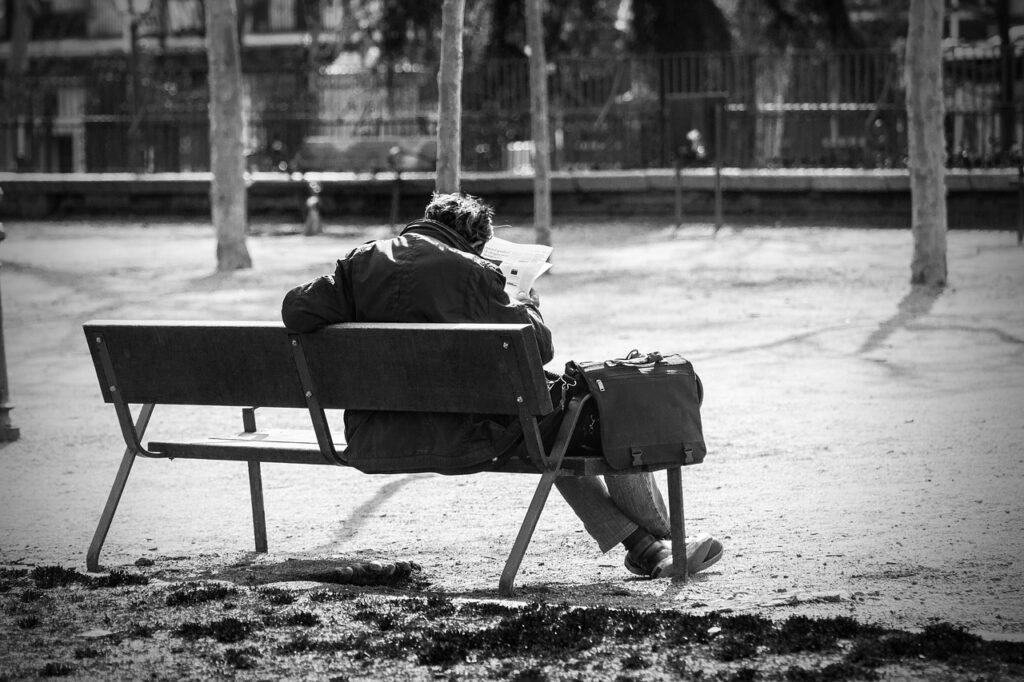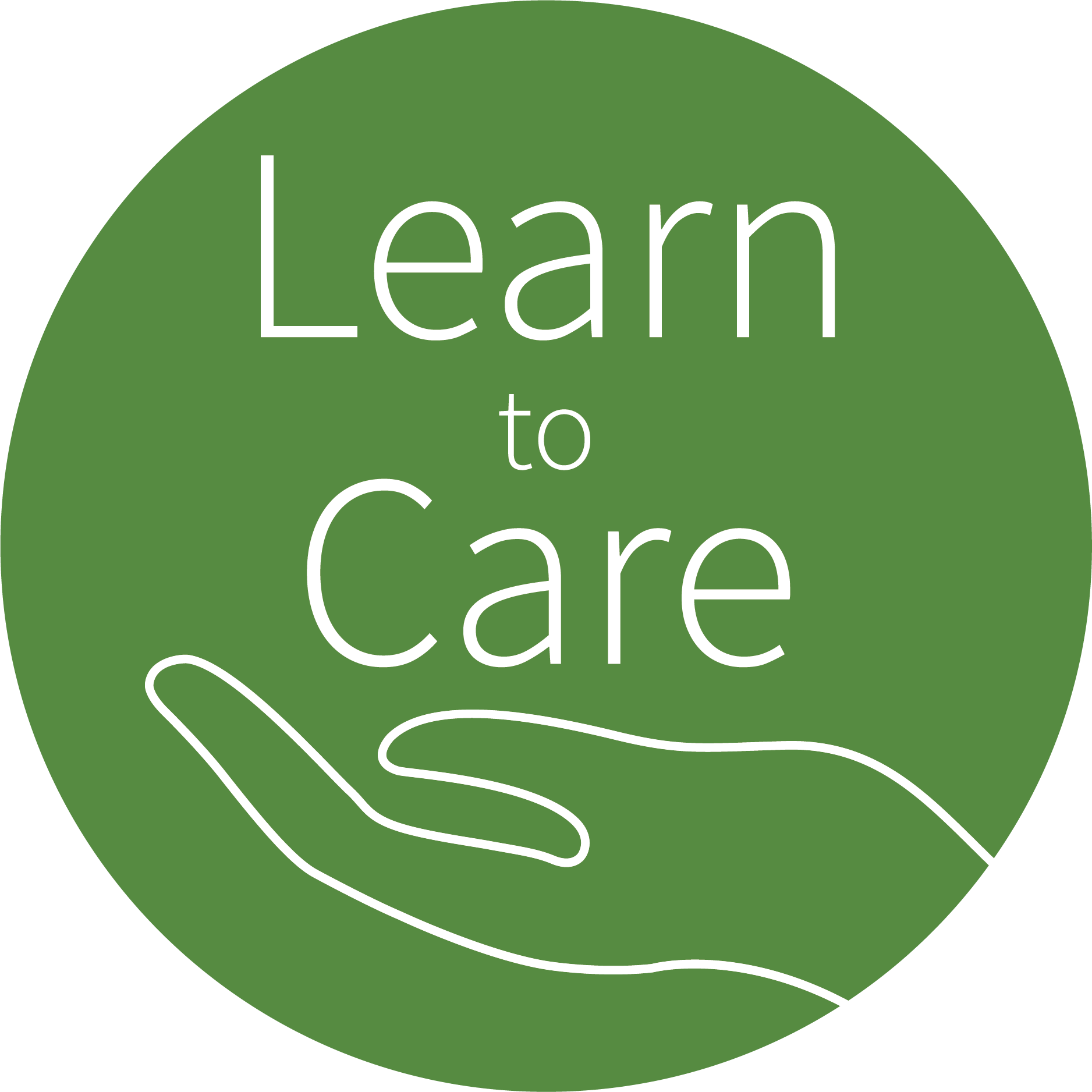
Which life situations harbour a particular risk of loneliness?
Changes in the relationship network often occur as the need for care increases:
Both tend to increase with age in particular.
As you get older and become increasingly physically restricted, you usually need more and more support and care from other people. This usually also applies to your own circle of friends or partners of the same age. When the radius of action decreases with age and more and more companions die, for some this means great loneliness in old age.

Image: josemdelaa (Pixabay)
If this is the case permanently, all enjoyment of life is lost - which is best prevented by the environment or prudent care.
Numerous changes in life situations as we grow older also change our social relationships, which can harbour risks of isolation and loneliness:

Conclusion
The risks of altered relationships and thus isolation and loneliness increase with age.
Increasing age, the need for care and the risk of loneliness often go hand in hand. This does not necessarily mean that all people become lonely in old age - fulfilling relationships can also be successful in old age.
Care that is sensitive to these changing life situations can contribute to the success of beneficial relationships.

Reflection question
Summarised restrictions and risk factors: What else can you think of?

- Hearing loss
- Declining eyesight
- Joint pain
- Bladder weakness
- Dizziness
- Old-age poverty
- Disability
- Language difficulties
- Lack of mobility or promotional offers on site
All of these factors can mean that social participation is hardly possible or no longer possible. Hobbies are given up or outings are avoided. For example, for fear of not finding a toilet in time or needing too many breaks.


